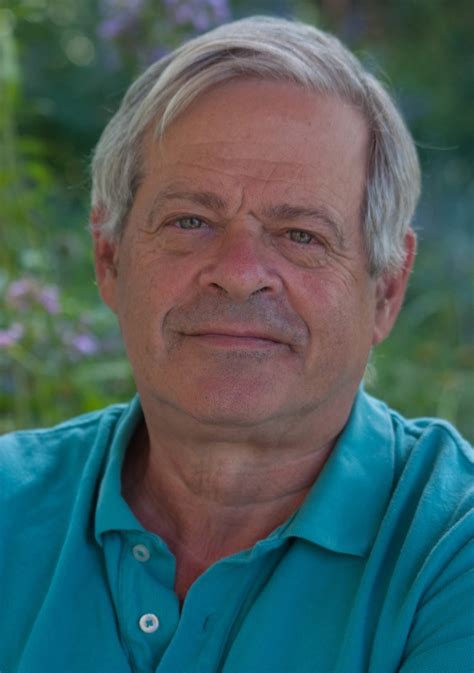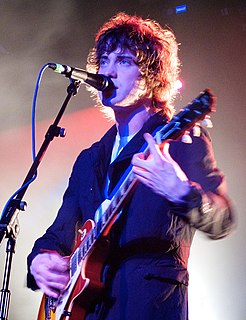A Quote by John Baldoni
From the hindsight of history George Washington seems larger than life, more statuesque than man. Too bad! Washington's greatness as a leader was courage under fire and persistence in the face of obstacles. Yet even he at times doubted himself. But he put those doubts aside and forged ahead, convinced of his noble purpose.
Related Quotes
Countrymen, the task ahead is great indeed, and heavy is the responsibility; and yet it is a noble and glorious challenge - a challenge which calls for the courage to dream, the courage to believe, the courage to dare, the courage to do, the courage to envision, the courage to fight, the courage to work, the courage to achieve - to achieve the highest excellencies and the fullest greatness of man. Dare we ask for more in life?
Back in 1792, Dr. Benjamin Banneker, the famed African-American inventor and scientist in Washington, proposed a Department of Peace for the new Nation to his friends George Washington and Thomas Jefferson. His prophetic suggestion was not implemented; but now, more than 200 years later, the need for a Peace Department is too compelling to ignore.
I have a history of making decisions very quickly about men. I have always fallen in love fast and without measuring risks. I have a tendency not only to see the best in everyone, but to assume that everyone is emotionally capable of reaching his highest potential. I have fallen in love more times than I care to count with the highest potential of a man, rather than with the man himself, and I have hung on to the relationship for a long time (sometimes far too long) waiting for the man to ascend to his own greatness. Many times in romance I have been a victim of my own optimism.
To each of my Nephews, William Augustine Washington, George Lewis, George Steptoe Washington, Bushrod Washington, and Samuel Washington, I give one of my swords or Cutteaux of which I may be Possesed; and they are to chuse in the order they are named. These Swords are accompanied with an injuction not to unsheath them for the purpose of shedding blood, except it be for self defense, or in the defense of their Country and its rights; and in the latter case, to keep them unsheathed, and prefer falling with them in their hands, to the relenquishment thereof.
Washington was a typical American. Napoleon was a typical Frenchman, but Lincoln was a humanitarian as broad as the world. He was bigger than his country - bigger than all the Presidents together. We are still too near to his greatness,' (Leo) Tolstoy (in 1908) concluded, 'but after a few centuries more our posterity will find him considerably bigger than we do. His genius is still too strong and powerful for the common understanding, just as the sun is too hot when its light beams directly on us.' (748)
The faithful man perceives nothing less than opportunity in difficulties. Flowing through his spine, faith and courage work together: Such a man does not fear losing his life, thus he will risk losing it at times in order to empower it. By this he actually values his life more than the man who fears losing his life. It is much like leaping from a window in order to avoid a fire yet in that most crucial moment knowing that God will appear to catch you.
Oliver Cromwell (1599-1658) moved from a legitimate to a charismatic role, reversing the course followed by Washington. Yet therewere surface similarities in their careers. Both led military rebellions against English monarchs--Cromwell against Charles I, Washington against George III. Each took local militia--the "train bands" of Cromwell, the colonial levies of Washington--and forged professional armies on a national scale. Each infused a new ethos in his troops--a religious spirit in Cromwell's case, a post-colonial American identity in Washington's.



































